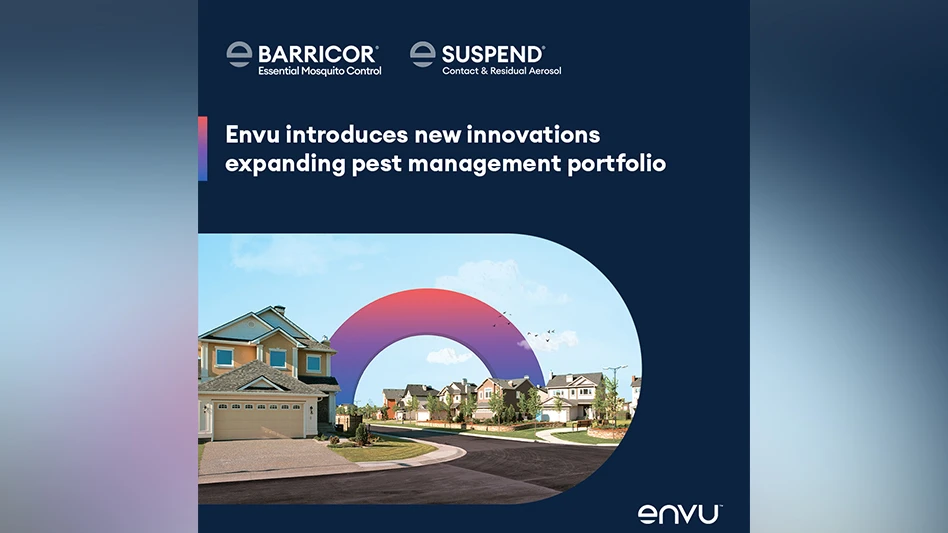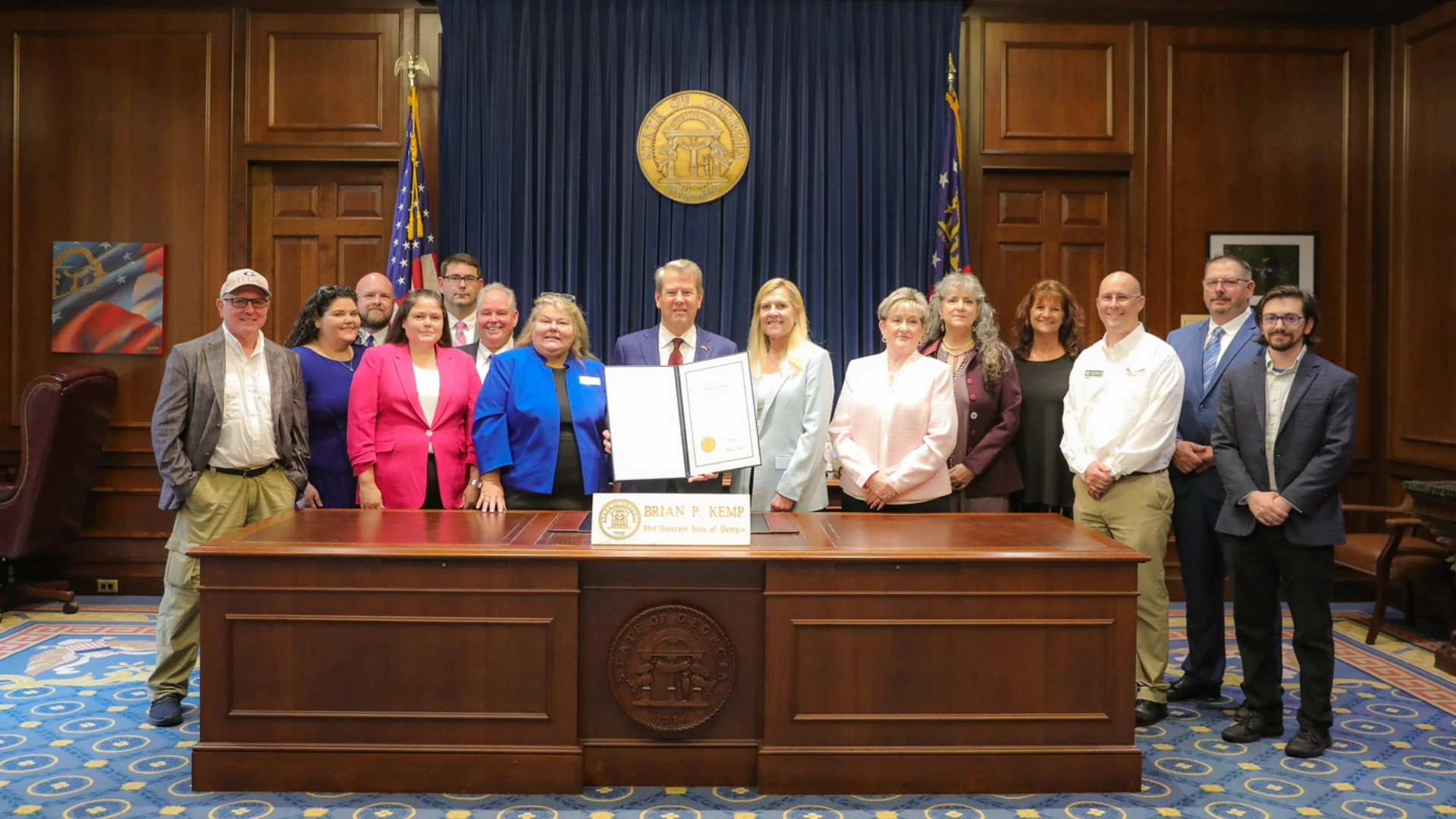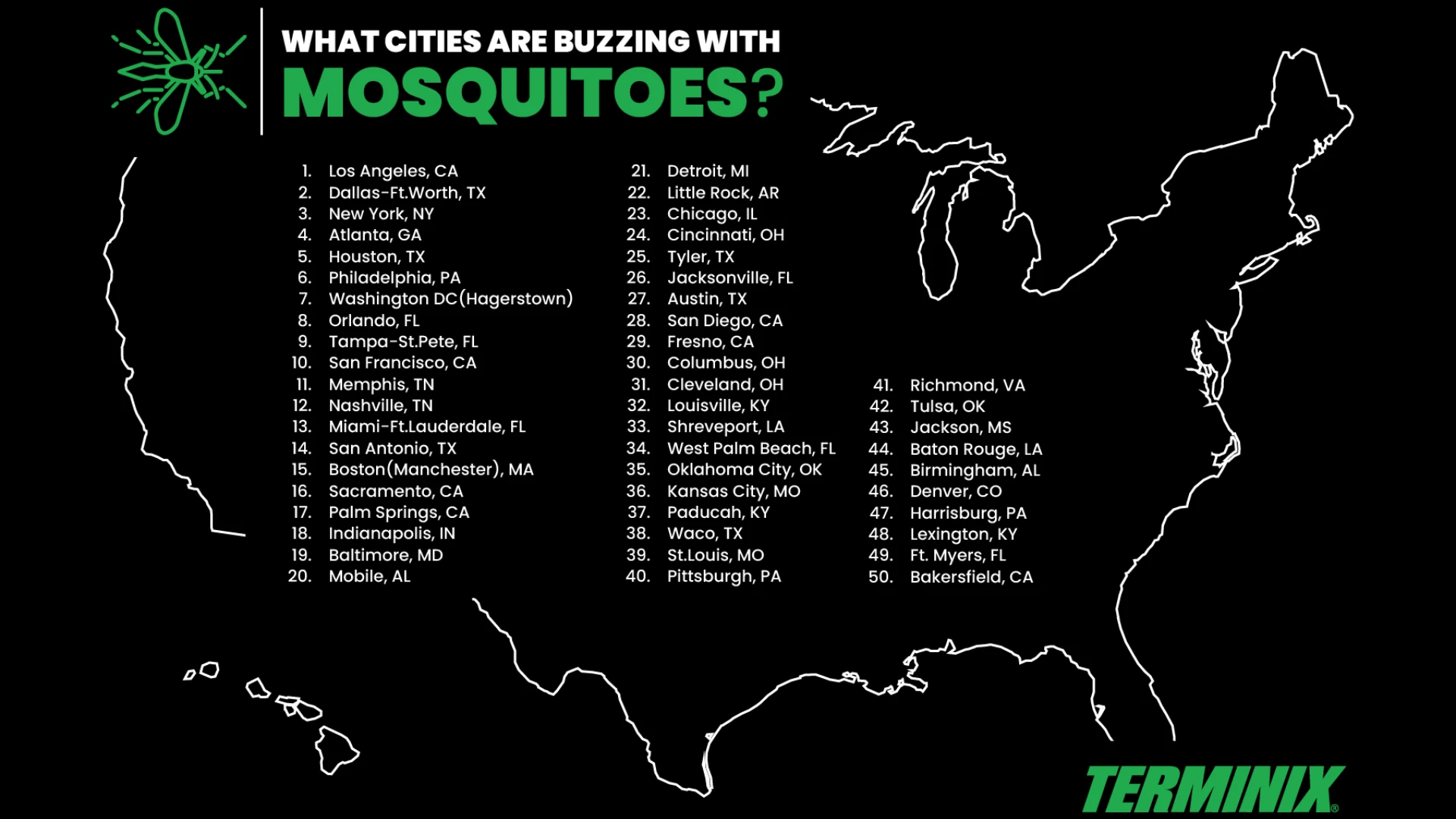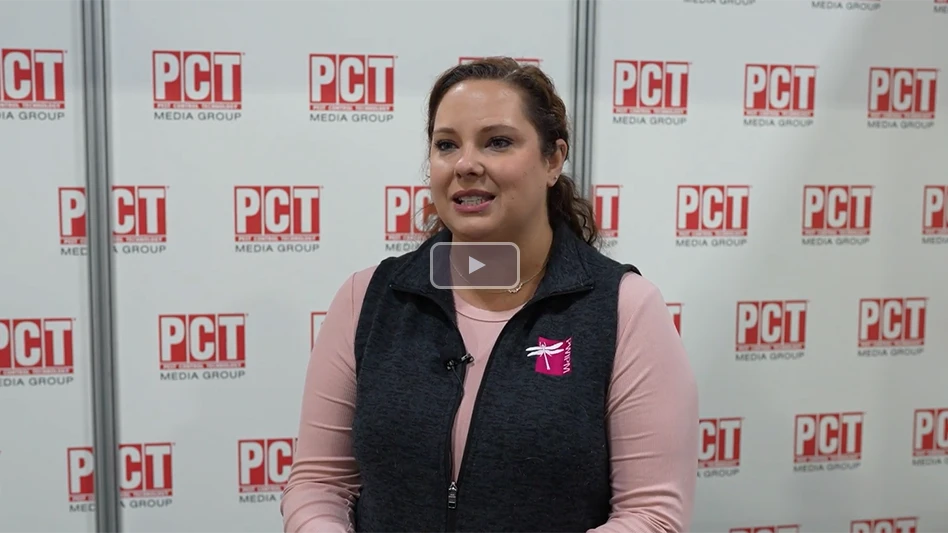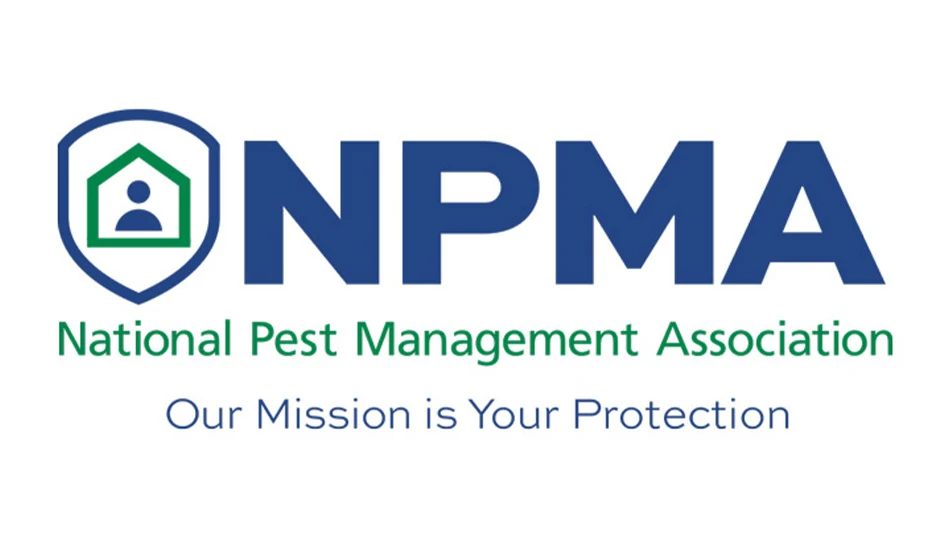To operate a pest management business and apply pesticides commercially we must meet several laws and regulations imposed by the U.S. EPA and our respective state regulatory agencies. In most states it is safe to say that a company must:
• Be licensed.
• Have liability insurance.
• Have a certified operator for every business location.
• Have all technicians certified or registered.
• Have all certified technicians (in some cases registered technicians) after at least one year’s experience pass an examination on core principles and category-specific information.
• Have certified technicians (in some cases registered technicians) maintain their certification by attending training programs and earning CEUs.
• Comply with all labeling requirements and state regulations regarding pesticide application or have administrative penalties and fines imposed for misapplication of a pesticide.
• Be certified to purchase and apply a restricted-use pesticide (there are very few left in our industry).
WHAT ABOUT CONSUMERS? Now let’s examine these same points from the perspective of a consumer (homeowner, small business owner, landlord, janitor or teacher) who can buy through the Internet or at any local garden shop or hardware store the same concentrates (sometimes with a different trade name) we use in our businesses. To use these same products (except restricted use):
• They do not have to be licensed.
• They do not have to be insured.
• They do not have to have any experience or pass any exams.
• They don’t have to attend training.
• They do not have to comply with regulatory requirements or labeling — who monitors their activities and compliance with the label?
Where are these uncertified applicators conducting their business? They apply pesticides in the same areas we do — their homes, apartments, restaurants, office buildings and schools. Despite this, when the finger pointing starts regarding stricter regulations and enforcement, misapplications, pesticides in schools and notification, the focus is on our industry. EPA, state regulatory agencies and even the most conservative environmental groups are in the same bed on this one. No one seems to want to tackle the issue of regulating consumer products and limiting over-the-counter sales to ready-to-use products.
CURRENT ISSUES. Several recent issues brought this topic into focus:
EPA’s decision to remove bittering agents from rodenticides. Unless I’m missing something, removing this human feeding deterrent from rodenticides sold over-the-counter is DUMB. How many times have you seen consumers placing bait blocks, pelleted baits, seed baits and similar products in the open or in flimsy plastic bait stations where they are readily accessible? In these situations the only practical deterrent seems to be the bittering agent.
I have served as an expert in several litigation cases involving pesticides (surprisingly there are very few compared to termite litigation). One of the most unusual cases was a buyer suing a seller for poisoning the buyer’s dogs after she moved into the house. The seller paid a pest management firm to treat the house for fleas but the seller elected to tackle the mouse problem on his own by liberally distributing pelletized bait packs. Unaware of this do-it-yourself mouse job, the buyer moved in, her dogs found the bait, ate it and three of the four died.
When using rodenticides, our industry is mandated to place bait in locations out of reach of children, pets, domestic animals and nontarget wildlife, or in tamper-resistant bait stations. If we do our jobs right the absence of a bittering agent is irrelevant — there will not be any accidental contact.
Regulations that limit our industry’s responsible use of products. I wholeheartedly support the concept of IPM, albeit my concept considers the use of pesticides as an option. Furthermore, I strongly support IPM in schools and other sensitive areas and their inherent regulations as long as they permit the responsible use of pesticides. Onerous regulations that limit the responsible use of pesticides to immediately mitigate pest problems create their own inherent problems and give “license” to the do-it-yourselfer to take things into their own hands. Some of the incidents I have seen are:
• A restricted-use rodenticide bait containing zinc phosphide placed in janitorial closets in a school.
• A white milky substance in a spray bottle in a janitorial closet labeled “bug killer.”
• A teacher in a school that requires notification for the use of all pesticides (including containerized baits) using the most popular over-the-counter spray for ant control.
Most people have a low tolerance for pests and they do not want to wait three days to have a pest management professional notify everyone in the school, post notices of the application and then perform the treatment — they want the problem solved now.
Those not in the industry often apply pesticides with no regard to the label, MSDS, etc. What is the rationale for allowing property owners, property management companies and restaurant owners to make their own pesticide applications in areas we live, work and dine? There is none!
Another lawsuit in federal court that I worked on involved a property management company that did its own extermination in an office building. Monthly maintenance staff was instructed to fog the hallways with pyrethrin — the application rate according to their supervisor was to “fog until you can’t see down the hall.” During an application, unbeknownst to the two unlicensed applicators who were wearing coveralls and a full face mask a security agent was in an inner office. He walked out during the application and inquired of the masked employees if this would hurt him. Their response: “We don’t know but you better get out of here.” He reportedly suffered irreparable lung damage and was unable to physically perform his job.
WHAT WE SHOULD DO. The message we should be sending to EPA, our state regulatory agencies and those other environmentalists is it’s time to start looking in those other places — where concentrates are purchased OTC and these products are used willy-nilly with no oversight. For once, take a look at what products and who are putting people, pets and the environment at risk from pesticides. It is NOT the professional pest management industry.
The author is president of Innovative Pest Management, Brookeville, Md. He can be reached at rkramer@giemedia.com.

Explore the October 2005 Issue
Check out more from this issue and find your next story to read.
Latest from Pest Control Technology
- Photo Slideshow: Ant Identification Tips
- Video: Top 10 PCT Photo Contest Finalists
- UF/IFAS Study Reveals Boats as Perfect Vessels for Global Termite Spread
- Pest Control Consultants (Iowa) Earns Pinnacle Performance Award
- Syngenta's Chris Keefer Reviews Ant Control, Products in Latest Ant Market Report
- PCT/BASF Launch 2025 Technician of the Year Awards Program
- Target Specialty Products, MGK Partner for Mosquito Webinar
- Cockroach Control and Asthma


